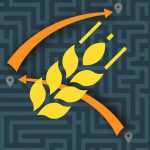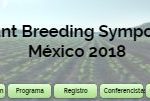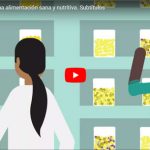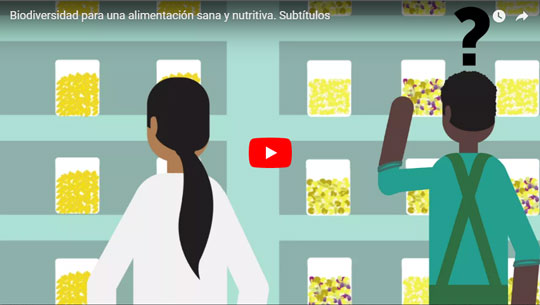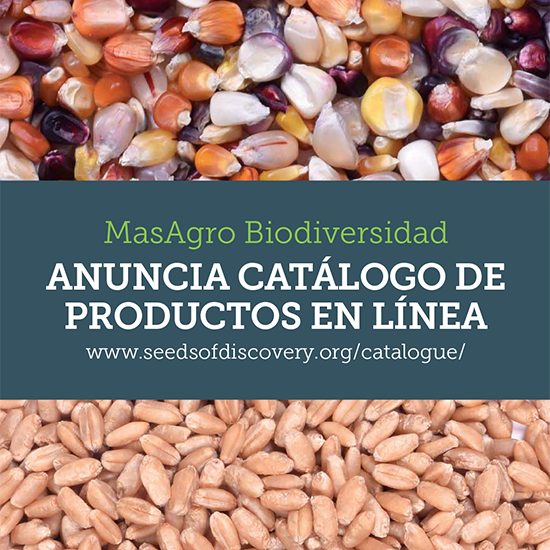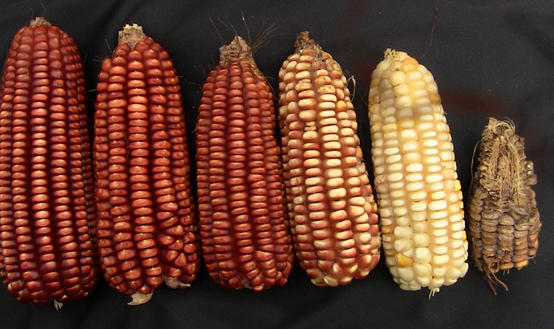
Samples of different testcross progenies from a genome-wide association study (GWAS) trial. ©2012 (CIMMYT)
The “Information management and services” component of SeeD includes the development of a Proactive Intellectual Property Strategy (PIPS) to align the ethics of the project with a set of core values and principles:
- Inclusively engage stakeholders in an equitable manner. Broadly and equitably share bio-assets (data, knowledge, germplasm, tools, etc.) with stakeholders involved in maize and wheat improvement, while acknowledging ownership and authorship of those who generated them. Attempt ‘to level the playing field’ amongst users to maximize the impact of SeeD on food security in Mexico and on a global scale.
- Accelerate innovation cycles and cultivar delivery. Discourage intellectual-property (IP) claims over bio-assets developed by SeeD to make them available in a pre-competitive, unencumbered setting that guarantees ‘freedom to breed’. At the same time incentivize downstream innovation by agreeing to the development of downstream products (cultivars) that utilize and further develop SeeD outputs and are deployed or commercialized using a variety of business models and marketing tools, including IP protection.
- Share benefits with original germplasm providers. Establish channels through which benefits arising from a more widespread use of genetic resources for crop improvement can be effectively shared with Mexican subsistence farmers whose livelihoods, to this date, continue to depend on maize landraces.

Participants of a SeeD workshop about intellectual property aspects related to genetic resources and the project’s objectives. Complete list of participants (in alphabetic order): Francisca Acevedo Gasmán, Alan Bennett, Eva Karina Chávez, Jesús Cuevas Coeto, Fernando de la Torre, David Ellis, Bibiana Espinosa, Bonnie Furman, Manuel García García, Fernando González, Rosalinda González Santos, Bryan Harvey, Juan Manuel Hernández Casillas, José Luis Herrera Ayala, Elleli Huerta Campos, Andrzej Kilian, Michael Kock, Moisés Martín Morales Rivera, Tom Payne, Samuel Peña Garza, Juan Carlos Reyes Navarro, Carolina Roa, John Stephen Smith, Clay Sneller, Suketoshi Taba, Jose Luis Torres, Peter Wenzl, Amor Yahyaoui. ©2012 (CIMMYT)
Ideas, potential elements and principles related to the sharing of data and germplasm, and the benefits arising from the use of genetic resources, were identified and discussed in two meetings with stakeholders from genebanks, Mexico’s National Service for Seed Inspection and Certification (SNICS), the National System for Plant Genetic Resources (SINAREFI) network for maize, the Master Project for Mexican Maize (PMMM), the National Commission for the Knowledge and Use of Biodiversity (CONABIO), as well as public and private breeding programs. They will be further refined to implement PIPS in the SeeD project in the course of 2013.
For more information please contact us at: seed@masagro.org
